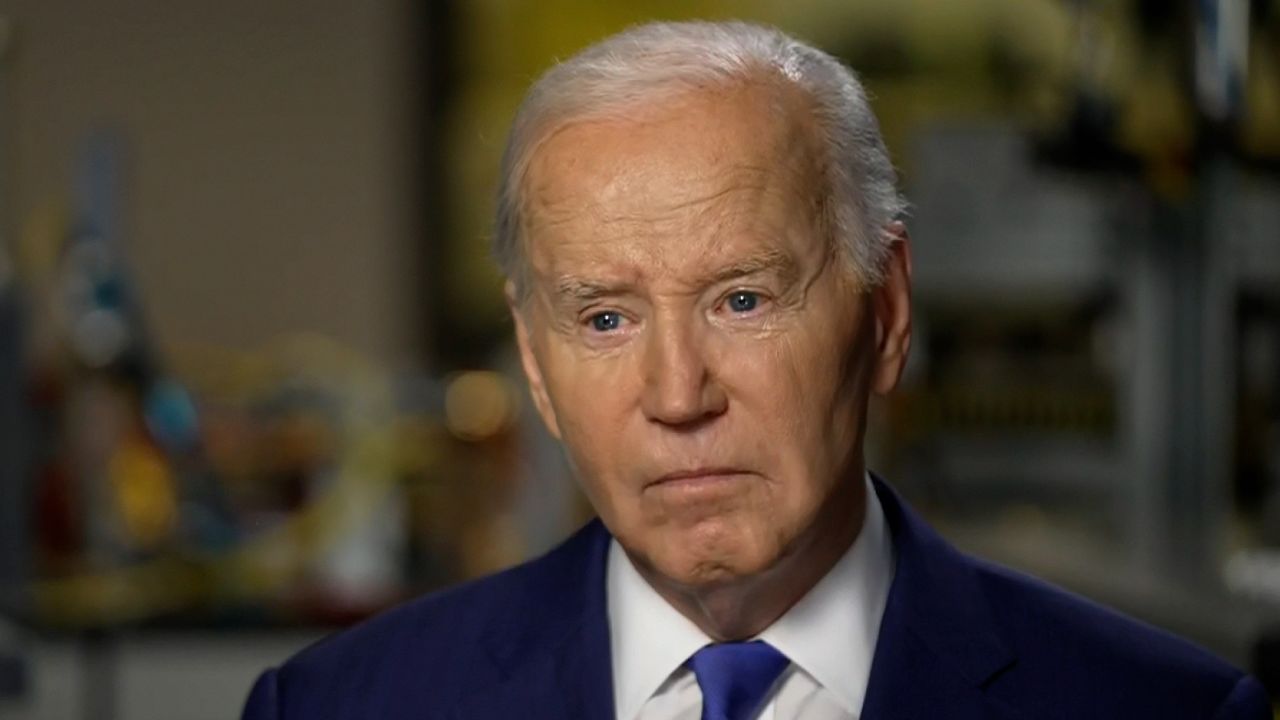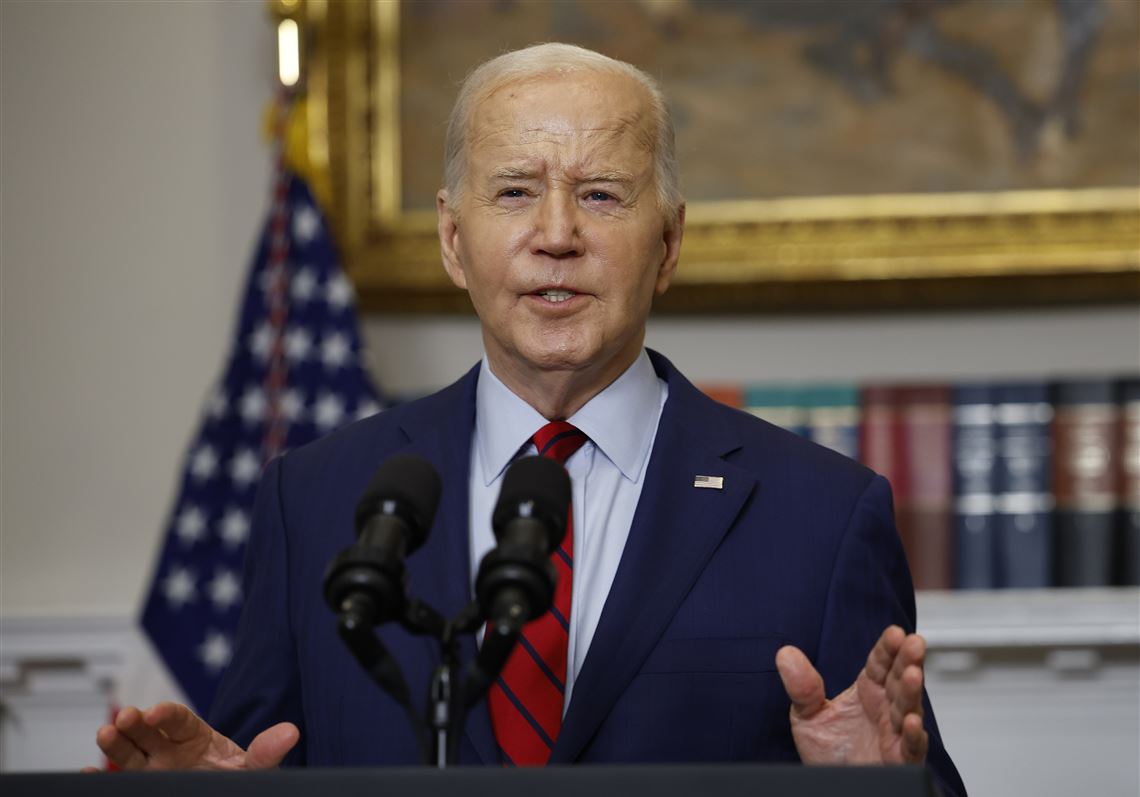In President Biden’s recent tariff announcement, one of the major changes is a significant increase in tariffs on electric vehicles (EVs) imported from China. The tariffs on EVs from companies like BYD, Geely, and NIO will quadruple in 2024, from 25% to 100% of the vehicle’s cost.
However, the big question is whether this move will actually impact EV sales in the United States.
The new tariffs cover a wide range of Chinese imports, but the focus on EVs stands out. The White House has allocated funds through various acts to promote EV adoption, charging infrastructure, and domestic EV manufacturing.
Despite the attention on Chinese-made EVs, the immediate effect on American consumers might be minimal. Currently, there are few Chinese-made EVs available for sale in the U.S., with only a handful of brands like Buick, Lincoln, Lotus, Polestar, and Volvo importing vehicles from China. Among these, Polestar is the only brand importing an EV to the U.S.

Polestar, for instance, has plans to expand its offerings in the U.S., starting with the Polestar 3 SUV. However, it also intends to begin production in South Carolina later this year.
While the tariff increase may deter some buyers from considering Chinese EVs, the overall impact on the U.S. auto market might be limited due to the small number of Chinese-made EVs currently imported. Nevertheless, the move is seen as a way to prevent the U.S. from becoming flooded with subsidized Chinese EVs.
Despite some support for the tariffs, critics argue that such extreme measures could lead to higher prices for consumers and slower adoption of environmentally friendly technology. There are concerns that Chinese automakers may find ways to bypass the tariffs by establishing production facilities outside of China, such as in Mexico or South Korea.
While the tariffs aim to protect American automakers from competition, their effectiveness and potential consequences remain subjects of debate.

